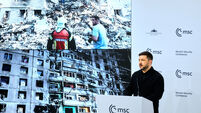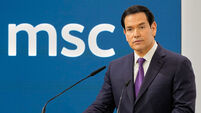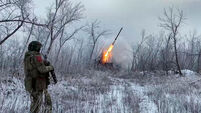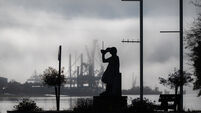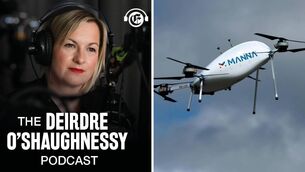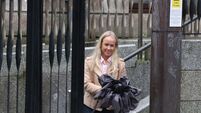'To say I saw appalling stuff is an understatement': Irish soldier on fighting on Ukraine's frontline
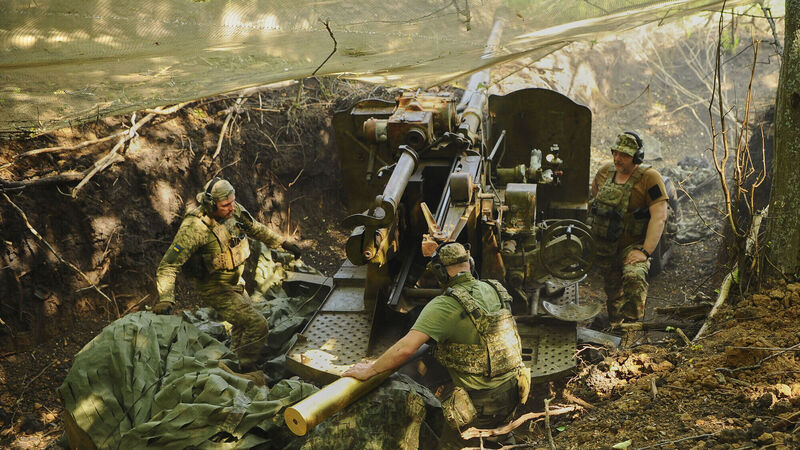
Soldiers fire a canon towards Russian army positions near Kharkiv, Ukraine, on Monday. Picture: Anatolii Lysianskyi/Ukraine's 127th Separate Brigade via AP
Peter*, a single man who is in his 30s and comes from the south of Ireland, served with the Defence Forces for five years.




